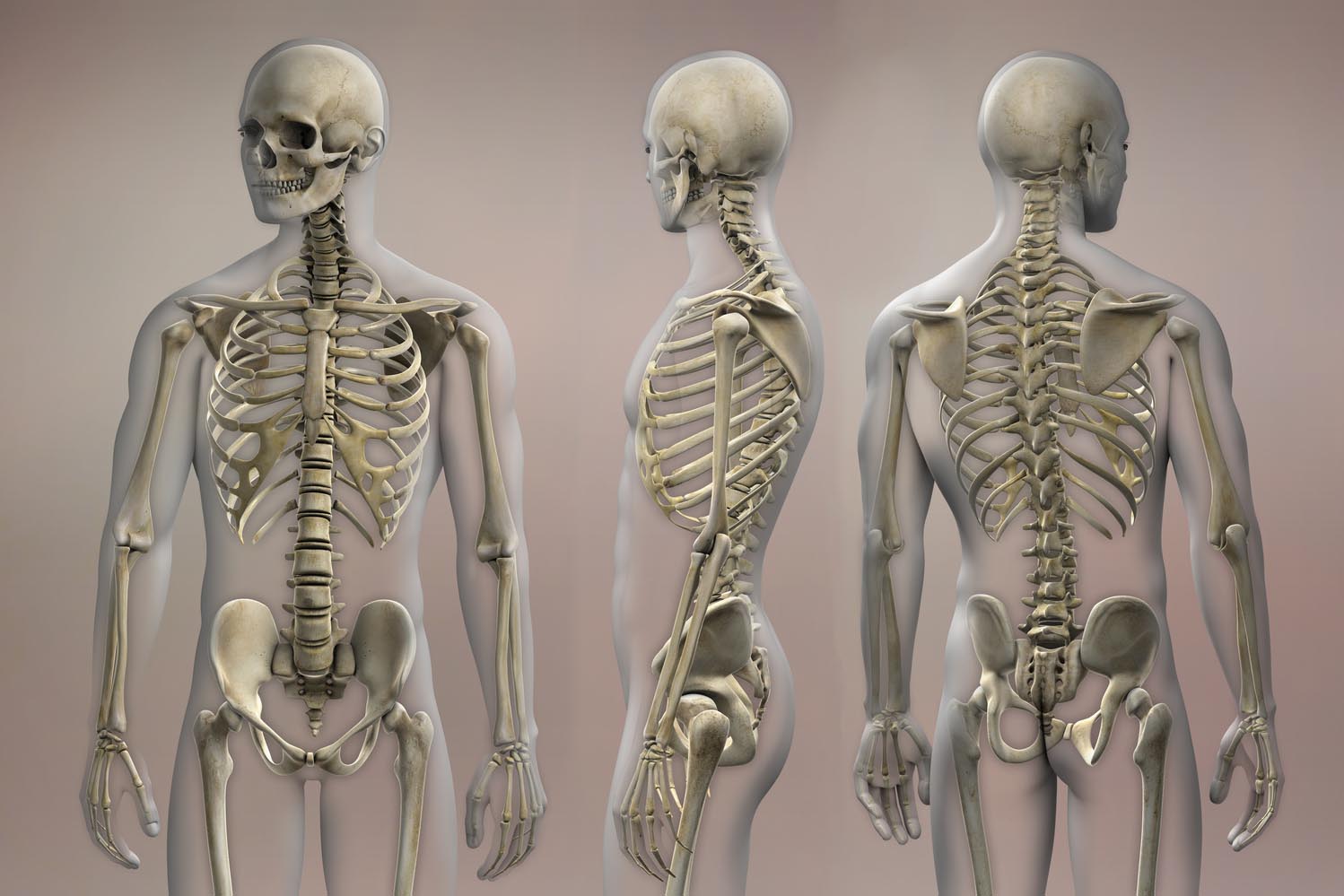• Antibiotic alteration of the gut microbiota impairs bone growth
• Antibiotic disruption of the gut microbiota influences immune activity
-
What is already known on this topic
Gut microbes can regulate our immune system, influencing the health of the gut and other sites across the body, including the liver, brain, and skeleton. But it is unclear how the gut microbiota affects skeletal growth and development. -
What this research adds
In mice, antibiotic-mediated perturbation of the gut microbiota alters the development of the skeleton by promoting the activity of cells that absorb bone tissue. -
Conclusions
The findings unravel how changes in the gut bacterial composition alter the crosstalk between the bone and the immune system during skeletal development. This suggests that the relationship between gut bacteria and their hosts is key for maintaining the health of the skeleton.
Antibiotics can alter the development of the skeleton by disrupting the gut microbial composition and promoting the activity of cells that absorb bone tissue. That’s the conclusion of a mice study by Jessica Hathaway-Schrader and her colleagues at the Medical University of South Carolina College of Dental Medicine in Charleston. The results were detailed in The American Journal of Pathology.
By regulating the immune system, the gut microbiota influences the health not only of the intestine but also of other sites across the body, including the liver, brain, and skeleton. However, how gut microbes contribute to the growth and development of bones is poorly understood.
To address this question, the researchers explored the connection between gut microbes and immune responses in mice that had just reached puberty (6-week old). At this age, the mice immune system is considered mature, but the skeleton is still actively growing.
Antibiotic alteration of the gut microbiota impairs bone growth
The researchers gave rodents either broad-spectrum antibiotics, such as vancomycin and neomycin, or water for 6 weeks. As expected, antibiotics reduced the number of gut bacteria and altered the microbiota composition, with overall increases in α-proteobacteria and decreases in Bacteroidetes.
However, antibiotics also caused a decrease in bone volume and density, which was more pronounced in male mice than in females.
Further analyses showed that antibiotics did not have harmful effects on the mice’s growth and did not reduce the activity of cells that contribute to bone formation. Rather, changes in gut microbial composition altered the number and activity of cells that absorb bone tissue called osteoclasts.
Antibiotic disruption of the gut microbiota influences immune activity
The researchers showed that changes in the number and activity of osteoclasts were likely the result of substantial increases in two circulating cytokines: macrophage inflammatory protein 1α (MIP-1α) and tumor necrosis factor α (TNFα). Both of these cytokines are known to promote the formation of osteoclasts.
What’s more, the researchers found alterations in the number of immune cells in the spleen and lymphnodes of mice treated with antibiotics.
To further explore how changes in gut microbiota composition affect the immune system, the team looked at a population of cells that suppresses immune responses. Antibiotic treatment stimulated these cells and reduced the antigen-presentation process happening in the bone marrow. This suggests that antibiotic-mediated disruption of the gut microbiota elicits an immunosuppressive effect, which in turn causes a reduction in bone growth.
The findings shed light on how changes in the gut bacterial composition impair the crosstalk between the bone and the immune system during skeletal development, suggesting that microbe-host relationship is critical to the health of the bones.









